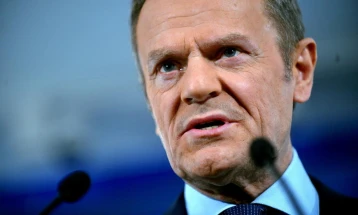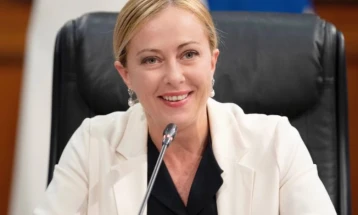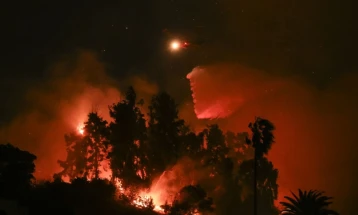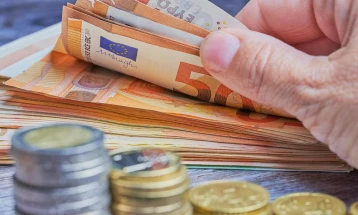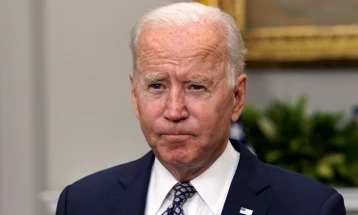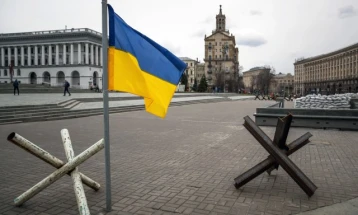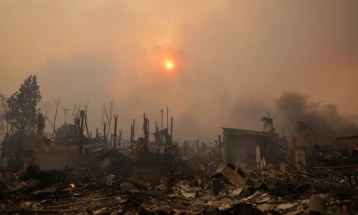Bulgaria waives Russian gas transit tax in hopes of furthering Schengen talks
- Parties of the ruling majority in the Bulgarian parliament have agreed to cancel the tax on Russian gas imports transiting through Bulgarian territory, with GERB leader and former prime minister Boyko Borissov hoping it could help the country’s Schengen Area bid.
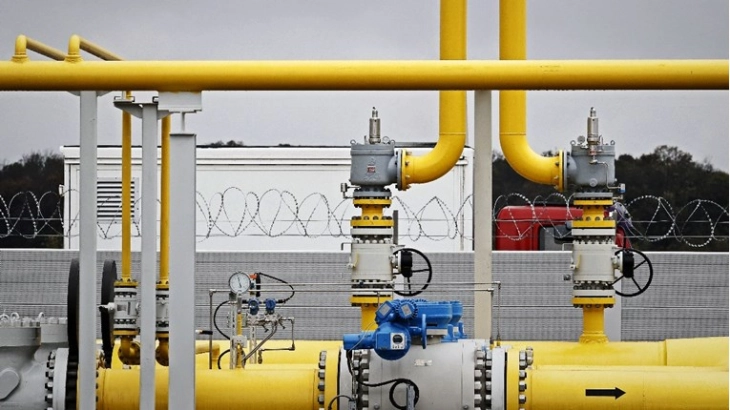
Brussels, 12 December 2023 (MIA) - Parties of the ruling majority in the Bulgarian parliament have agreed to cancel the tax on Russian gas imports transiting through Bulgarian territory, with GERB leader and former prime minister Boyko Borissov hoping it could help the country’s Schengen Area bid.
Kiril Petkov, party leader of We Continue the Change, announced the news on Monday, adding that Bulgaria would be following the common European approach.
“This tax should not be unilateral on the part of Bulgaria. It is necessary to work with the European Commission so that together with all European countries, this type of taxes can be imposed in a way that will actually have an effect on the economy of the Russian Federation as well,” he added.
“When the European Commission gives us a mechanism (to create the new fee), then we will implement it,” Petkov said.
But “since we are quite close to Schengen, any possibility of this fee hindering us should be removed,” said GERB leader and former prime minister Boyko Borissov.
Doubts about the fees arose when the tax was introduced in October, with doubts that Bulgaria could collect €2.4 billion from the transit of Russian gas.
The greatest consequences of such a tax were expected to impact Hungary and Serbia. They estimated that this tax would result in an increase in the price of gas for end-users by about 20%, and they requested Sofia to abandon its implementation.
Serbia and Hungary have officially contacted the European Commission, requesting a response regarding the Bulgarian taxes.
“Hungary, being a member of the EU, views the introduction of these taxes as inconsistent with European regulations,” stated earlier Serbian Mining and Energy Minister Dubravka Djedovic Handanovic, highlighting examples where such decisions were suspended in the past.
Bulgaria was expecting revenue from the new fee to be paid on 14 November, but some Bulgarian energy experts had already questioned whether the country would receive any money. The problem is that pipeline gas can hardly be certified as Russian because it combines several sources.
Photo: MIA archive
